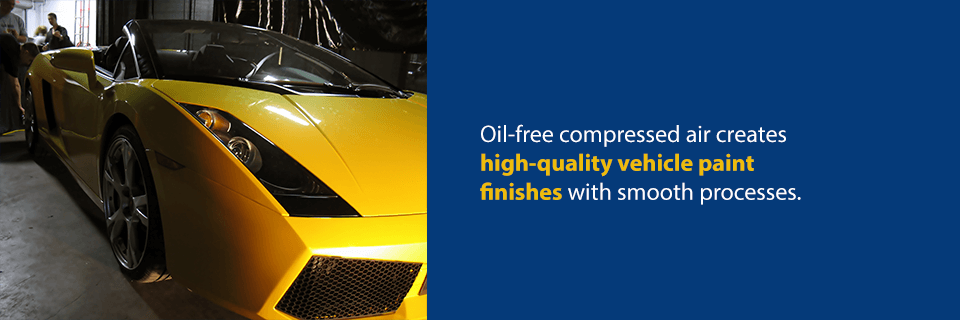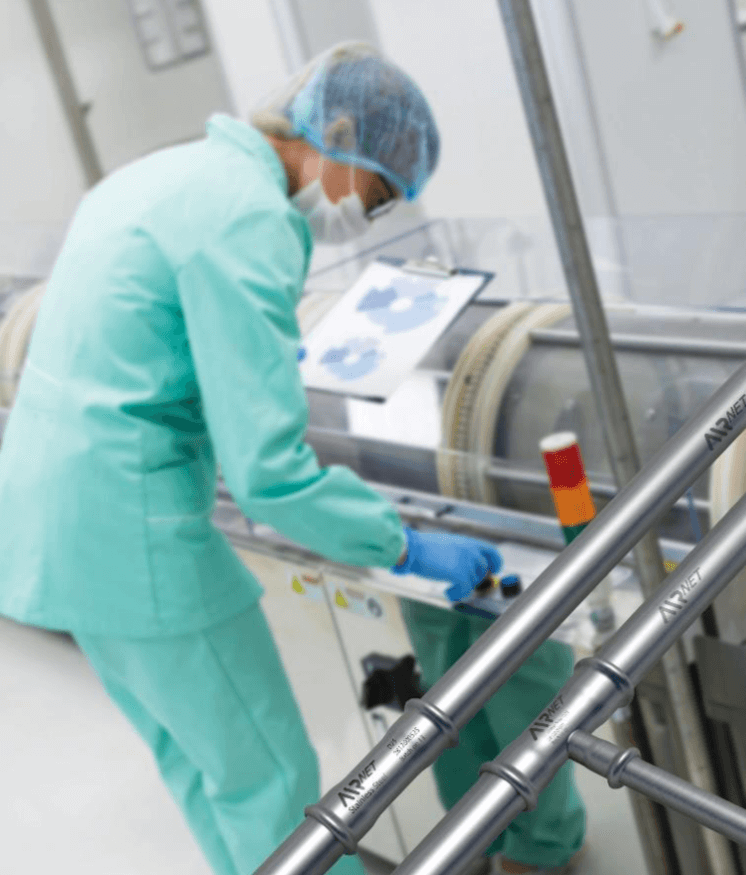
Quincy Rotary Screw Air Compressors
(4)Benefits of Rotary Screw Air Compressors
There are many advantages of rotary screw compressors. They are the compressor of choice for a wide range of compression applications across many industries:
- Continuous airflow and pressurization: Many air compressors generate excess heat and need to cycle off to maintain the machinery. Rotary screws can turn continuously and experience little to no downtime.
- Easy maintenance: Some rotary screw systems are manufactured with up to 70% fewer parts than other compressors. This design drives down maintenance costs.
- More power: Rotary screws have extremely high airflow rates. They can run tools and heavy equipment efficiently with impressive horsepower.
- Safer at extreme temperatures: Many rotary screws can pressurize air in both high and low temperatures.
- Energy-efficient: Rotary screws produce less heat, conserve more energy and consume less oil than most compressors. These features preserve the machinery for many years and keep the lifetime cost of the compressor low.
How Do Rotary Screw Air Compressors Work?
All compressors work using a mechanical element that physically reduces the volume air takes up, compressing it. In a rotary screw compressor, that mechanical component is a pair of screws. These two screws are meshed together and turn continuously. Air enters and is then compressed in the gap between the screw threads. Most rotary screws are oil-flooded, although oil-free screw compressors are available.
Here’s how oil-flooded rotary screw compressors work:
- Air enters the compressor through the inlet valve.
- Air then travels through the pressure control line and into the regulator valve. This process sets the air pressure for the system.
- Both oil and air enter the compressor, where they combine into a mist. Air travels the length of the matching rotary screws and becomes compressed.
- After exiting the compressor, the air and oil mist enters the primary oil separator tank. The tank uses centrifugal force to make the oil molecules come together, forming droplets that fall to the bottom of the tank. The oil can then be recycled into the air compressor for the next batch of air.
- The air then enters a secondary separation filter, which further purifies the air and removes more of the oil.
- The oil-free air then exits the system, into a reserve tank or the connected air tools or machinery.
- The oil travels from the separator tank to an oil cooler. Next, it goes through a filter that removes any debris and is then returned to the air compressor.

Reciprocating Piston Air Compressors
(5)Benefits of a Reciprocating Air Compressor
Some of the critical benefits of a reciprocating air compressor are:
- High pressure and power: Reciprocating compressors can push out high pressure and energy, even though they are compact.
- Low maintenance costs: These compressors have fewer moving parts than others, which leads to less wear and tear and part replacement.
- Improved efficiency: Reciprocating compressors can be used intermittently and do not need to run continuously. They produce high power at low energy levels and can help lower your outputs. They are best used when turned on and off frequently.
- Longer product life: As these compressors do not run repeatedly, they are less likely to need repairs. You can get more time out of your compressor.
- Compact design: These compressors are smaller than other styles, making them easy to transport and place closer to the work site. If you work in oil and gas, a portable compressor can help on multiple sites.
Quincy Compressor carries several different reciprocating air compressors for any industry. Browse our inventory of air compressors to discover which one is best for you.
How Reciprocating Air Compressors Work
Compressors decrease the amount of space air takes up by compacting it. A reciprocating compressor is a positive-displacement air compressor that uses a crankshaft-powered piston and cylinders. Our piston air compressors use either a single- or two-stage process to compress air.
Compressing air decreases its volume and increases its density without changing it to liquid. Here is how a reciprocating air compressor works:
- Gas enters the cylinder through the intake valve.
- The piston pulls away from the intake valve and allows the gas to pass into the cylinders.
- The crankshaft powers the piston, which compresses the gas in one stroke of about 120 pounds per square inch (psi) of pressure.
- In two-stage compressors, air travels to a second cylinder for another round of compression. A second piston compresses the gas at a pressure rate of 175 psi.
- Once complete, the compressed air is sent to a storage tank for use.
Reciprocating air compressors are compact options workers can apply to natural gas processing and delivery and oil refining. These air compressors work across industries to give you powerful compression.
/Asset/Screenshot 2025-07-10 124039_2.png
Oil-Free Compressors
(4)Benefits of Oil-Free Air Compressors
Oil-free air compressors come with several benefits that can boost your production:
- Eliminate product contamination: In many industries, cleanliness standards are mandatory for quality production. Oil-free air compressor technology eliminates the possibility of oil compromising food, pharmaceutical or electronic products.
- Low cost: Oil-free compressors typically cost less than their traditional counterparts and often have a long life because of a limited number of components that can break down.
- Low maintenance: Traditional oil compressors require routine oil changes and oil disposal. It’s also necessary to remove oil aerosols, which require filtration and air separator elements. Oil-free air compressors eliminate these time- and money-consuming repetitive tasks.
- Eco-friendly: Oil-free air compressors can also lower your carbon footprint because they don’t release oil contaminants into the air.
Applications for Industrial Oil-Free Air Compressors
Oil-free compressed air is a powerful production method for companies that need to create products with air purity and product safety in mind. Oil-free compressors always meet the ISO Class Zero certification for 100% oil-free air supply for sensitive applications. A few examples of industry applications include:

- Automotive: Oil-free compressed air creates high-quality vehicle paint finishes with smooth processes.
- Food and beverage: Oil-free methods create healthier food products while also eliminating any possibility of oil contamination.
- Chemical: The chemical industry benefits from oil-free air compressors because these machines improve purity, reduce waste and increase safety.
- Electronics: Oil-free methods are crucial to electronics because they provide an uninterrupted control system in ultra-clean conditions for producing delicate equipment like motherboards.
- Pharmaceuticals: Oil-free air compressors reduce the risk of oil contamination in medicinal products and help improve production with high efficiency.
When you want to create products while working in an environment where oil contamination can lead to damaged equipment or cause costly spoilage and recalls, the oil-free air compressor is the perfect solution to reach the highest standards of air purity.
/Asset/Screenshot 2025-07-11 075507_1.png
Air System Piping
AIRnet is Reliable, Safe, and Maintenance Free
Sustainability
- Optimized inner body design minimizes flow resistance and pressure drop in the fittings
- Low friction factor and seamless connections minimize pressure drops in the pipe network
- Superior sealing technology ensures a leak free system and maintains performance over time
- Durable and corrosion resistant materials offers a maintenance free system
Safety
- Safety factor of 4 for all diameters (burst pressure)
- Camera control and automatic assembly guarantee zero defect manufacturing
- Plastic components and pipe clips comply to UL 94 HB and UL 94 V-2 for flammability
- Torque indicators ensure sufficient torquing

AIRnet Stainless Steel
AIRnet will launch the new Stainless Steel line in 2018. This new addition provides additional options to the medical and food & beverage manufacturers where air quality standards must meet the highest levels of purity.
Quincy is excited to introduce the new AIRnet Stainless Steel line in multiple sizes. The product is available in both 304L and 316L Stainless Steel. The press fit technology combined with the FKM sealing material ensure a leak proof system that can withstand harsh caustic conditions and still deliver premium performance.
AIRnet is a durable lightweight option that is modular to allow for increased design options on an existing system. Quick and secure connections ensure a leak proof system that is watertight up to 4X’s the working pressure. This combined with the internal surface coating allows the system to operate at lower pressures and still deliver the needed supply at the point of use.

Air Compressor Lubricants
Atlas Copco lubricants are engineered with the exact right selection of additives that interact in just the right proportion to obtain optimal performance. The additives not only support the base lubrication requirements, they also interact in multi processes in the compressor. /Asset/Atlas Copco Roto Inject Fluid.jpg




